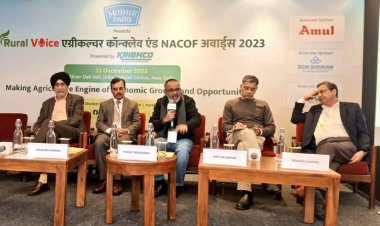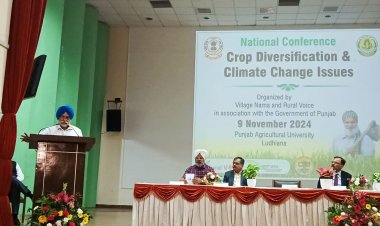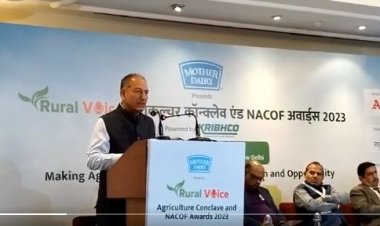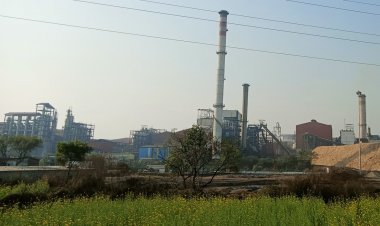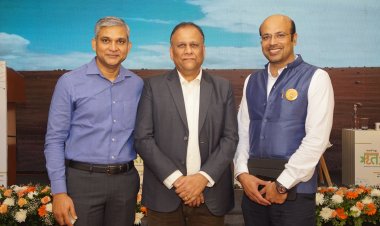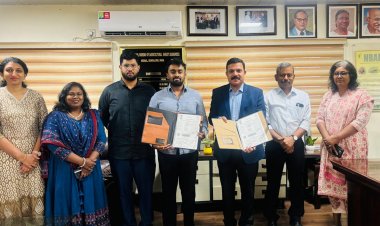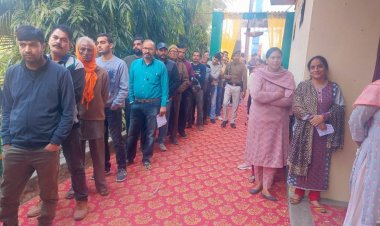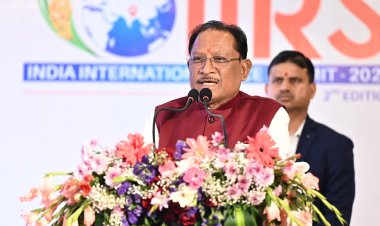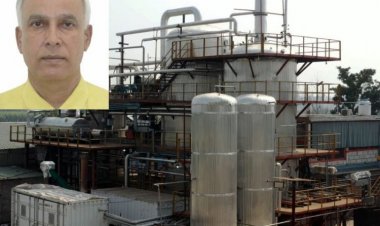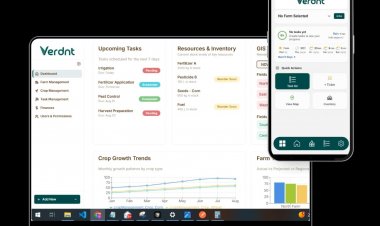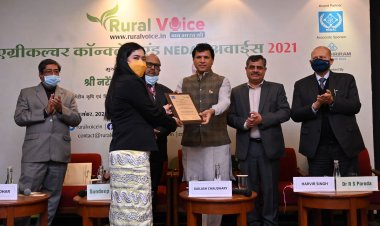World Milk Day: India can bridge global supply demand gap in dairy sector- IDF President Brazzale
Potential growth in the global dairy market including milk and protein may lead to worldwide supply gaps which can be bridged by India, says President of the International Dairy Federation (IDF) Dr. Piercristiano Brazzale.
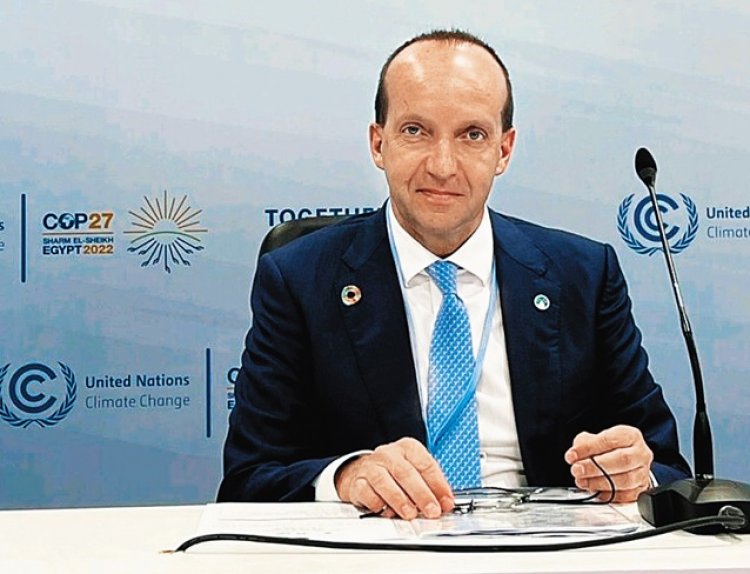
Potential growth in the global dairy market including milk and protein may lead to worldwide supply gaps which can be bridged by India, says President of the International Dairy Federation (IDF) Dr. Piercristiano Brazzale. According to Mr Brazzale, while there would be rise in dairy demand, whether or not the milk and protein producers will be able to take advantage of the same would depend on political factors including elections to the European Parliament, due in June. The Green Deal which puts restrictions on dairy production because of the overall ambitions to cut greenhouse gas emissions, has been put on hold because of farmers' protests in Europe. Results of elections to the European Parliament will influence the milk production outlook in Europe while America or New Zealand do not seem to be in a position to meet the gaps in global demand. India can take advantage of the unfolding global demand-supply situation by increasing milk output. In an interview with Rural World Editor-in-Chief Harvir Singh, the IDF President Mr Brazzale says that India is the only country that can meet this increasing demand. For this, it is necessary to increase milk production per cattle , meeting international standards. Excerpts from the wide-ranging interview:
-How does the future look like for the dairy sector globally, especially in the medium and long term?
Globally, the future of the dairy sector seems very bright to me. Demand for animal protein is expected to increase by about one percent each year during the next 20 years.
If the dairy sector fulfills even 30% of this increasing demand, then it is a huge opportunity for growth in itself. A Rabobank report estimates an increase of 33 million tonnes in global dairy imports by 2030. This is a huge figure. This is six times the production of Kenya and twice the production of Italy. Who can meet this much demand? Certainly the European Union or New Zealand will not be able to meet this demand.
-Why is the European Union not in a position to meet this demand?
The European Union is currently the largest producer of cow milk in the world with 145 million tonnes. There will be a decline in milk production there. We are also seeing this decline in countries like Ireland. One reason for this is the increasing cost of production. The price farmers get in Europe is not enough to cover their costs. But it's not just about cost. Equally important is the issue of environmental law enforcement, particularly those related to nitrogen and greenhouse gas emissions.
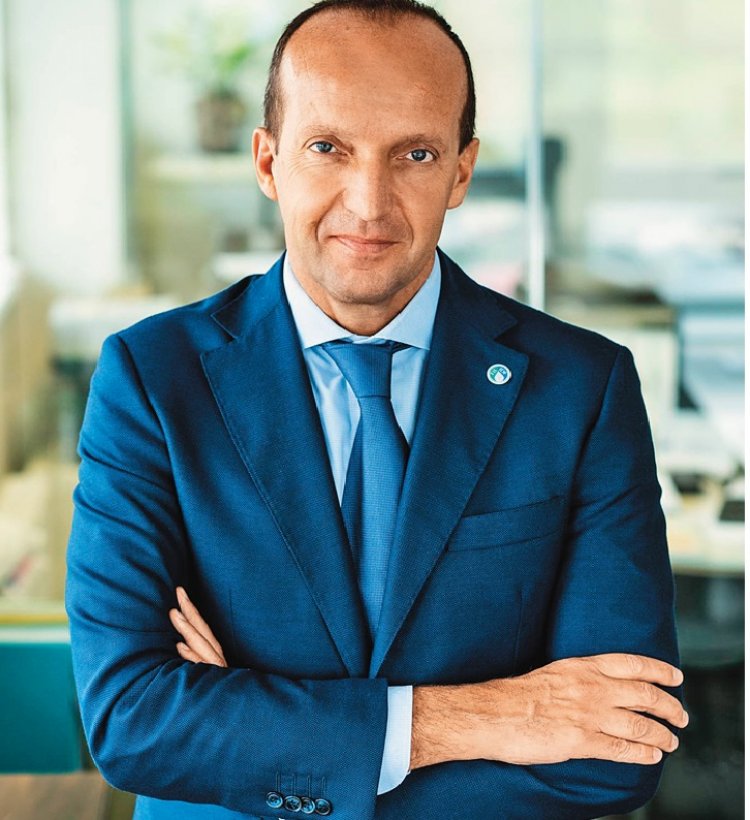
-How will environmental laws affect milk production?
Under the European Union's Green Deal, a limit has been set on the level of organic nitrogen. It cannot exceed 170 kg per hectare. Its second meaning is that you cannot keep more than a certain number of cattle on a fixed size of land. Due to this rule, milk production will also decline. Farmers in Ireland have started killing cattle in large numbers. This law is also being strictly implemented in Spain and Netherlands, where farmers have taken to the streets.
-What do you think is the future of the European Green Deal?
The European Green Deal aims to reduce greenhouse gas emissions by at least 55% by 2030. Also, the target is to bring net emissions to zero by the year 2050. Along with this, a huge reduction in the use of fertilizers and pesticides is part of this deal. A target has also been set for organic farming. Such steps could adversely affect agricultural production in Europe and food security there could be affected. The future of this deal will be decided in the coming June when elections will be held for the next leadership in the European Union.
-What will be the result of all this?
As I said, there will be elections for the European Parliament in June. Until then, implementation of the Green Deal has been halted across Europe. Some countries have also taken steps at their own level. Right wing parties are against this rule while left wing parties are supporting it. The parties opposing these rules are said to be pro-farmer, while on the other hand, the leftist parties probably have the support of the plant-based protein lobby. They are also talking about animal rights.
-What impact will all this have on India's dairy industry?
There is a decline in milk production in Europe and there is not much scope to increase production in New Zealand because there is also the issue of environmental problems and the number of cows is also very high. In such a situation, who will meet the global demand in the future? From what I see, only India seems to be in a position to bridge this gap. There is a lot of scope for increasing production and increasing productivity per cattle. I am confident that India will emerge as a big player in the international market in future.
-Why is India in a better position and what steps need to be taken here?
India is in a better position because it has a culture and tradition of milk production. Apart from this, the productivity per animal is also very low at this time. Productivity has already reached maximum levels in the US and New Zealand. People in Africa are not aware of it, nor are there animals that can live there. But to move in this direction, India needs to work on breeding, animal nutrition, their health etc. Along with this, it is also important that the products here meet the global standards of health safety and quality.
-You yourself are a farmer and your company has plants in Italy as well as Brazil, China and other countries in Europe. How do you see the current situation as an entrepreneur and farmer?
Our company is the largest milk processing company in Italy. Along with this, our company also does business in Brazil. Apart from cows and dairy business, we do pig farming business. Whereas, in Brazil we raise cows for meat. But the kind of conditions that have been imposed, the limit of 600 cows on a dairy farm is going to affect business expansion. This will happen with us and other farmers also. I myself raised questions on the Green Deal during my talks with European Union officials and tried to find out the basis for setting per hectare emission limits, to which they did not have any satisfactory answer. In fact, the number of farmers in European countries is a very small part of the total population and we are not very capable of influencing political outcomes. Due to this, European farmers are facing impractical environmental laws.



 Join the RuralVoice whatsapp group
Join the RuralVoice whatsapp group

















